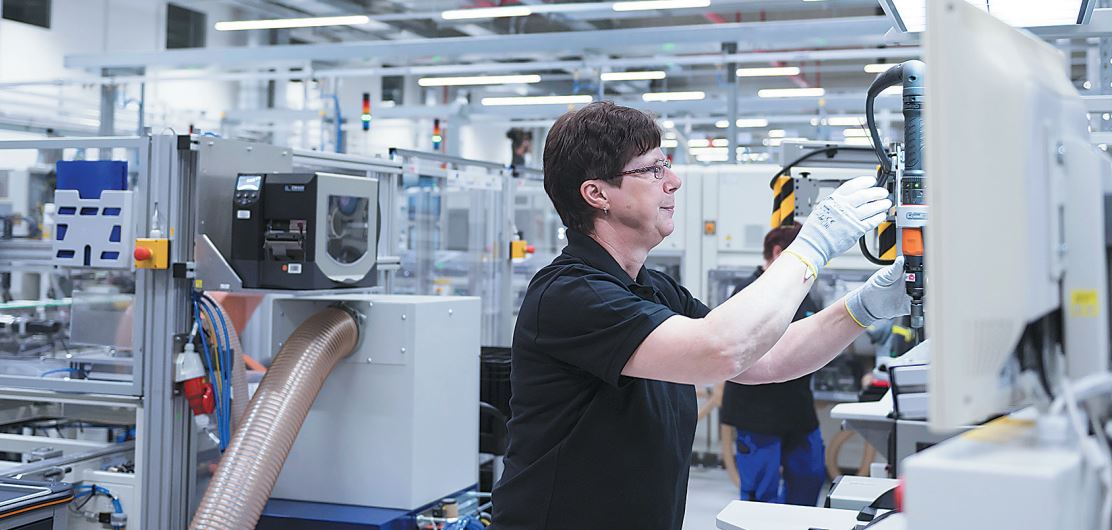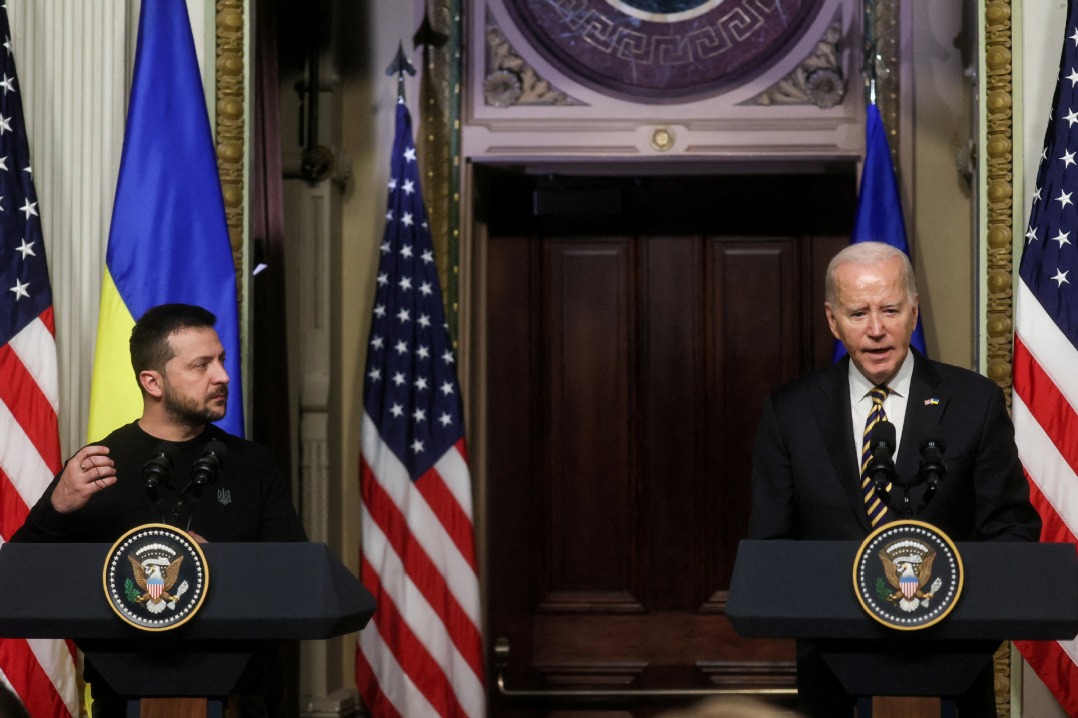France, Germany commit to electric battery industry
China Daily | Updated: 2019-05-06 12:34

PARIS - France and Germany agreed on Thursday to jointly invest in the European production of electric vehicle batteries, taking on the United States and China in what is emerging as one of the world's most competitive industries.
French Finance Minister Bruno Le Maire said the goal was to establish two production plants over the next four years, one in France and one in Germany, with around 1,500 employees in each.
Initially the plants would produce enhanced liquid batteries before moving to solid-state technology by 2025-26.
Le Maire said a total of 5-6 billion euros ($5.6-$6.7 billion) would be invested.
"This is of strategic importance for Europe," said Le Maire, speaking alongside his German counterpart Peter Altmaier and the European commissioner for energy, Maros Sefcovic, whose approval was needed for the provision of public subsidies. Le Maire added that the deal would allow Europe to remain competitive against the US and China.
Earlier this week, France and Germany asked the European Commission to approve state subsidies for a cross-border battery cell consortium including carmaker PSA, German subsidiary Opel and French battery maker Saft. A number of battery projects have been announced in recent months, including the formation of industry consortiums designed to reduce dependence on Asian battery supplies, and ensure European investment does not lag behind.
France's Saft, owned by energy company Total, produces a range of batteries, including for backup power and industrial applications, but not yet for electric vehicles.
Last year, it created an alliance with German industrial group Siemens, Solvay and Manz to develop a new generation of batteries.
The group will focus on advanced high-density lithium-ion and solid-state technology, targeting the market for electric vehicles and the railway and marine sectors, among others.
Saft also recently struck a deal to expand its presence in China.
Altmaier said it was clear that electric vehicles were set to overturn the global car industry's value chain, meaning Europe had to ensure it was well positioned to compete.
"The challenge for Europe is to continue to build the best and most successful cars in the world, and that is why we must build up industrial competence in those areas to which the value creation will shift," he said.
"Our aim is not just to meet the European car industry's demand," he said. "We want to export internationally, making clear that batteries 'made in Europe' will be an important kitemark."
Reuters























